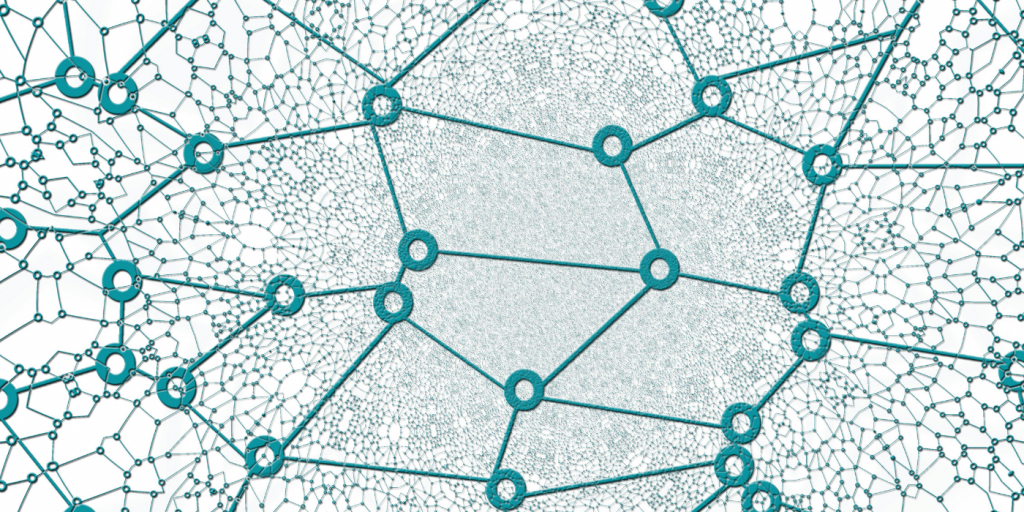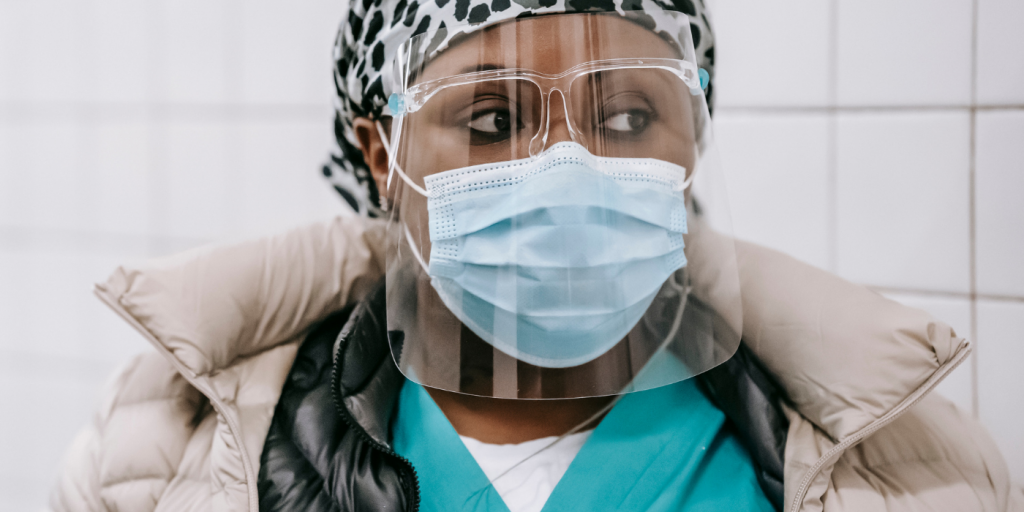Contextualizing gender inequality in academia and research in cities
With the advent of Covid-19, it is becoming increasingly evident that gender equality gains made on many fronts are being watered down. All research greatly benefits from diversity, but it is emerging that female academics and researchers are being disproportionately impacted by the pandemic. According to Anderson et. al (2020), women’s output in form of published works is tanking. In a meta-analysis research, results from 1,893 medical papers published on Covid-19 around May 2020 were compared with the same period in 2019. The gender disparity on who published these papers is evident. Women’s participation in research output in the 2020 period was recorded as comparatively low – 19%. In another open access meta-analysis study cutting across disciplines, made of 776, 832 authors from 25 countries over a span of two years, the data from the first 10 weeks of Covid-19 show a 35% increase in publications by men, while publications by women drop by 13.9% (Cui, Ding, & Zhu, 2020). It is easy to foresee the differential impact of the pandemic in diverse subjects of authorship and countries.
Research and authorship in Kenya has not been any different. To understand the systemic inequalities Rathgeber (2013) highlights the low numbers of female researchers and faculty in African universities, factors attributed to lack of mentorship programs and the application of affirmative actions to inculcate social inclusion in academia. The challenges women in academia and research faced before the pandemic are well documented: patriarchal cultures, male-dominated institutions, few women professors, increased caring responsibility due to socio-cultural norms, traditional gender labour (Howe-Walsh & Turnbull, 2016). This preexisting disparity has been exacerbated by Covid-19, when academia and research inequalities have been laid bare and women’s research outputs tanked even further.
The lack of top-tier female academic researchers in top research centers and institutions indicate gender disparity and social exclusion. These social exclusions pose indirect implications for Tomorrow’s Cities. In the Sendai Framework, the role of gender and social inclusion in disaster risk reduction (DRR) is expressly spelled out. We argue that women’s participation in academia and research during this pandemic should be harnessed to create new pathways in disaster risk management. To create resilient cities, interdisciplinary research that is gender responsive and aimed at linking learning to effective risk management is key. It is also important to recognize, represent, and advance gender equality in the production of diverse research output in these cities.
During the pandemic, women in research and academia have faced multiple challenges due to sudden increases in caring responsibilities, decreased household incomes, working online from home, and diminished research projects, among other gendered challenges. It is during this time that the absence of women in Covid-19 related academic and research discussions in formal and media channels have been notable. Indeed, this pandemic highlights the persistent inequalities that bedevil academic works and publishing in higher institutions across the world. As Rathgeber (2012) notes, the gender disparity is pronounced in Sub-Saharan Africa, where women in higher institutions are underrepresented in both numbers, research outputs and voice.
In Kenya for instance, whilst there are laws and policies advocating for women’s representation in higher education institutions, a lot remains to be seen how those policies are converted to action. It is against this backdrop, and focusing on two groups – academics and research members of the from Nairobi Risk Hub – this article seeks to:
1. Contextualize gender inequality in academia and research in cities
2. Highlight selected lived experiences from academia and research for qualitative analysis (highlight praxis)
3. Propose measures (not exhaustive) to inform policy and practice
Highlights of selected lived experiences from academia and research
1. Voices from selected Women in Academia
My day was already full and packed and crazy, getting things done at work and home is never an easy task for me of late. My day ends feeling exhausted and wasted. Then, as if that was not enough, Covid-19 came and, things moved from worse to worst. Schools closed, lockdowns, curfews and other regulations made life even more complicated. As a mother, the impact is big. My four children – all young – are suddenly home with me and need child care and tutoring, this is to keep them sane because they cannot appreciate why they cannot go to school anymore nor play around with their friends. Besides caring for them, I need to keep working, teaching online, and publishing, which is an important ingredient for my professional growth. All these tasks weigh down on me as a woman in academia and research. My husband, who is also a Professor, gets to help around, which is a good thing, but then he has more hours to work, read and even write compared to myself. All these tasks weigh down on me and make me feel anxious. I feel anxious for my productivity and my capacities to grow on the academic ladder. I have so much to juggle on my hands, caring for the kids, and teaching them.
Female member of faculty in English and Literature at University of Eastern Africa, Baraton, Kenya. I never noticed if my house was small or big, until schools closed and all my three children were always home, and caring and tutoring them is too much. Indeed, managing caring responsibilities in my house is creating heated debates with my husband, who believes that house chores are my specific roles. I am at that point where I struggle to ensure the children are fed and clean. My research output has also nosedived – it is too much pressure on me right now.
Dr. Alaisa Mbiriri, a Professor in Public Health at AIIAS, Philippines
2. Selected Voices from a Research Institutions in Kenya (Respondents asked to remain anonymous).
I forgot what it means to have a quiet life during Covid-19. Before the pandemic, I had a house helper. I had to release my house helper off her duties because she works in the day and goes back to her home and I did not want to expose my children, aged four and six, to the virus infection. What that means is, I get to spend much of my time cooking, cleaning, and caring for the children, while my office work pends because I work from home. My husband, on the other hand, can go to work and works full-time– KI
Before the pandemic, I had an arrangement with a childcare centre where I would drop my child on my way to work and pick her up after work. Now it is different, the government banned childcare centres and I have to work from home and care for my daughter. I am a single parent and childcare weighs heavily on me, I feel fatigued and less productive in my office work since my work needs me to think a lot and write, I have not written much during this pandemic – K2
I am a father of two, my wife and I both work from home. Our children are young and need care and attention, before Covid-19 we had hired a house help, but now it is different, we laid her off because of Covid-19. So, then the caring responsibilities fall heavily on us. We share the duties in the house but I can see the strain on our friendship. My wife accuses me of spending too much time working online-research does need that, while she labours in the house. It is not easy – K3
Way Forward/What Next?
It is undeniable that the pandemic has hurt women in academia and research. Without action, gender inequality gaps will increase post-Covid-19 and fewer female voices will be heard in research and academic sectors. Invariably, the childcare burden falls disproportionately on women. In Kenya, academia is mostly on an output-based assessment. In this arrangement, and for academic researchers to earn a promotion, they must publish papers. This pressure is further compounded by the pandemic, given that writing requires reflection and thinking – the very enabling environment missing because of Covid-19. Many companies, institutions, and research organizations are going through fiscal austerity, compounding the stigma around requesting days off to take care of swelling unpaid care chores at home for fear of being relieved of duties.
Subsequently, and drawing from Tomorrow’s Cities and Covid-19: A discussion by Mark Pelling (2020), this pandemic has changed existing work procedures, and might open up new avenues for the Hub to shape interdisciplinary research, policy and practice and help build more resilient academic and research communities. Mark Pelling highlights five entry points through which the Hub should engage with Covid-19; disaster cycle, multi-hazard risk and its management, pro-poor local resilience, policy transitions, and crisis politics. On this basis, the Nairobi Hub has a key role in offering alternative narratives drawn from socially inclusive interdisciplinary research, evidence and lived experiences to strengthen policy, risk governance and decision-making in risk management.
Action Points towards gender inequality in academia and research
The understanding of sex-disaggregated data during this pandemic is useful in suggesting pertinent issues in gender inequality and informing practice. In this case, and to address existing and growing gender disparity, these action points, though not exhaustive, can be a starting point for both academic institutions and research organizations:
- Academic institutions should review their promotion criteria and not just look at the number of publications and teaching hours, but rather other aspects of work with a special focus on the role women play in societies, including caring responsibilities.
- Universities and research centres should consider holding off the mantra “publish or perish” in recognition of the impact of the pandemic. Post Covid-19 recovery measures can be instituted that allow more grace period to early-career researchers and women disproportionately impacted by the increased workloads and caring responsibilities.
- The process of publishing can be daunting, including strict deadlines. These deadlines for revisions and reviewers’ comments might be too short during the pandemic. As such editorial teams and publishing houses should grant some flexibility to accommodate women writers who might be overwhelmed with caring responsibilities and working from home.
- The research funding bodies allowing proposal grants should also commit to embedding gender equality by encouraging submission from women by offering more time than normal to make the applications.
References
Cui, R., Ding, H., & Zhu, F. (2020). Gender Inequality in Research Productivity During the COVID-19 Pandemic. Available at SSRN 3623492.
Howe-Walsh, L., & Turnbull, S. (2016). Barriers to women leaders in academia: tales from science and technology. Studies in Higher Education, 41(3), 415-428.
Rathgeber, E. M. (2013). Gender Barriers Faced by African Women in Graduate Programmes and Research in the Social Sciences.



